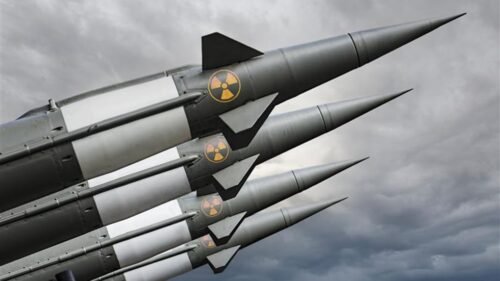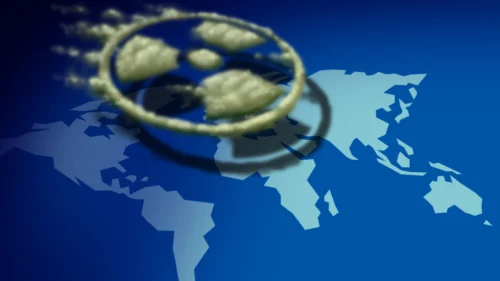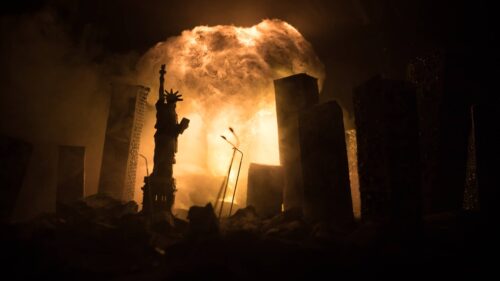Christopher Ford, the former Assistant Secretary of State for International Security and Nonproliferation, offers an insider’s view of efforts to stop the spread of nuclear weapons. He defines nonproliferation as the “set of policies, institutions and practices” designed to prevent more countries from acquiring these destructive arms. The United States has made this a top foreign policy priority for decades, aiming to keep nuclear weapons from spreading beyond existing holders.
The success of nuclear nonproliferation
Ford highlights the Nuclear Non-Proliferation Treaty (NPT), signed by 191 nations, which commits nuclear states not to assist others in obtaining weapons and binds non-nuclear states not to pursue them. The UN-affiliated International Atomic Energy Agency in Vienna, Austria, enforces these commitments through inspections, ensuring nuclear technology remains for peaceful purposes.
Libya is a success story: In 2003, Libyan leader Muammar Gaddafi abandoned his nuclear program after deciding it carried “enormous risks” and chose diplomacy over the costly, dangerous path of building a warhead.
Iran and the power of deterrence
Iran’s nuclear ambitions remain a key test. Exposed in August 2002, its program has been the focus of years of diplomatic effort to prevent weaponization, even as Iran continues to advance its capabilities. Ford sees “cautious optimism” after recent Israeli and US strikes on Iranian nuclear sites, calling such actions “the leading edge of nonproliferation policy.”
Ford concludes: “If the message of this current Iran thing is that if you try to pursue nuclear weapons in violation of the Nuclear Non-Proliferation Treaty, that you might well have American bunker buster bombs coming down on your underground tunnels. I mean, as a nonproliferation guy, I don’t mind that being the message.”
[Lee Thompson-Kolar edited this piece.]
The views expressed in this article/video are the author’s own and do not necessarily reflect Fair Observer’s editorial policy.












































Comment